Marcel Kittel: ‘There’s no shame in change’
Sprinting icon Marcel Kittel reveals the reasons behind his retirement – and why cycling needs to open up about the extreme pressures endured by riders
(Photo by Tim de Waele/Getty Images)

Few bike riders in the history of the sport have been as fast as Marcel Kittel. But after racking up 14 Tour de France stages and 89 professional wins, his early retirement in August last year, aged just 31, left many fans in a state of confused disappointment. Why was one of the greatest sprinters ever hanging up his racing wheels while still in his prime? Now, one year on, Kittel has opened up to CW about his decision – with important insights for us all, racers and armchair critics alike.
“Most people, 99 per cent of those who’ve not been a pro, cannot understand the sport and everything it involves. It is such an extreme sport and what it does to you physically and mentally,” Kittel tells me over the phone. “Pro cycling is the only sport that takes fatigue to such extremes. That’s the whole concept of the sport, but it makes it extremely difficult to handle.”
The German reminds us that the attritional nature of cycling is also its core principle.
“It defines the whole sport. You train to get tired to become better for the next race in which the idea is that you will become tired later than the rest. And at the end of the race, the strongest one will be the one who is the least tired. There is no other sport like it... and it has consequences.”
The ramifications for Kittel were obvious: he wasn’t happy.
>>> Subscriptions deals for Cycling Weekly magazine
“In 2018 I counted 250 nights away from my own bed. I hadn’t had time with my family.” It was having an impact on his motivation. “It got to the point in 2019 where I realised everything was just repeating… [Nothing was] really new to me or challenging or what I wanted to do. I couldn’t reinvent experiences for myself.”
Get The Leadout Newsletter
The latest race content, interviews, features, reviews and expert buying guides, direct to your inbox!
The passion and excitement of the sport had been worn away by repetitive hard grind, leaving only the sense of being a hamster on a treadmill.
“When you realise that the hobby you turned into your profession is becoming more than a job, you see the sport in a different way. I felt I was in the wrong place.”
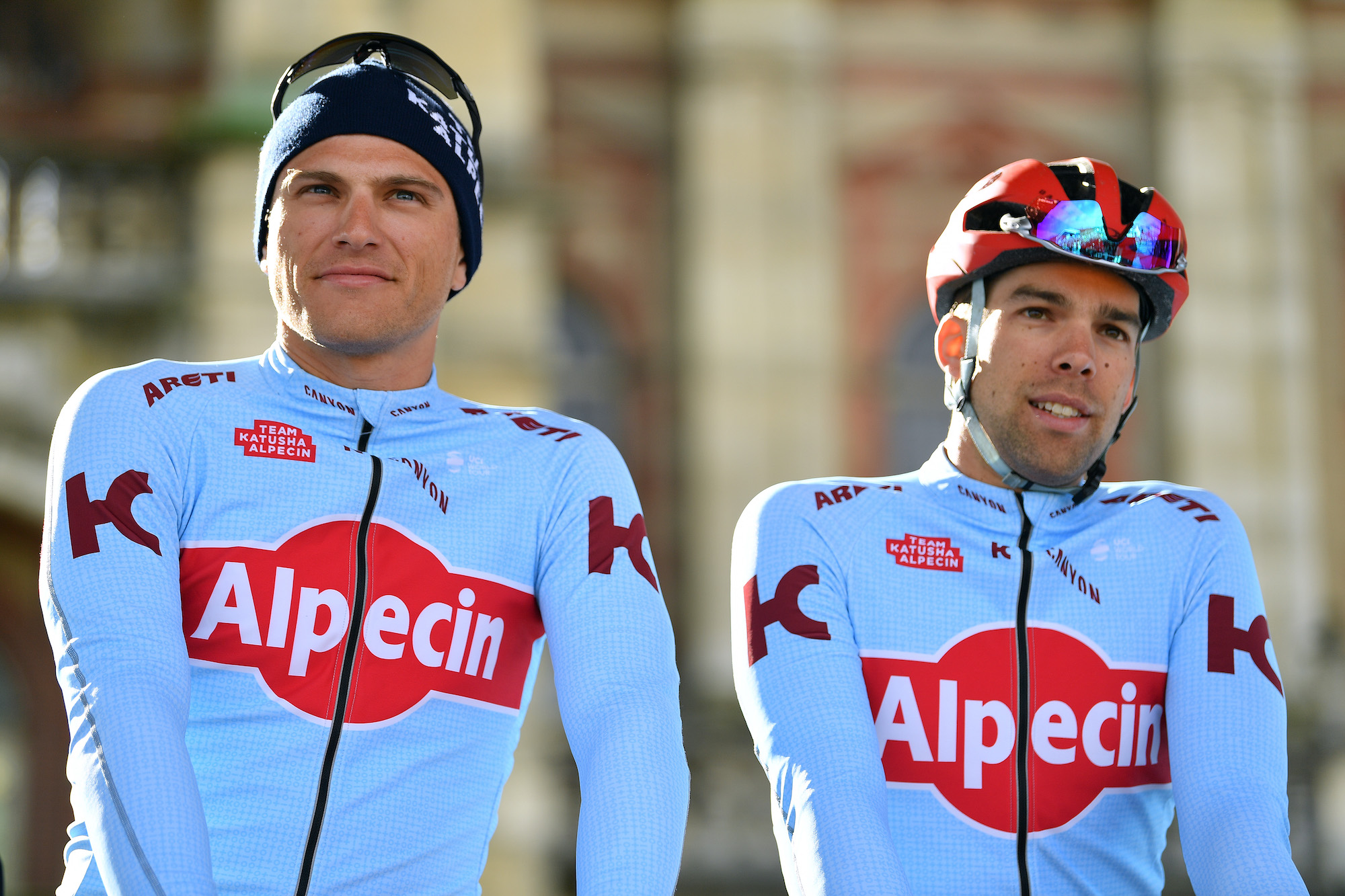
Kittel’s Instagram bio states: “My recipe for happiness is bicycles, family and a big portion of curiosity.” He speaks perfect English and chooses his words with the precision of a philosopher – you get the impression he would be just as at-home reading Wittgenstein as smashing out 1,000 watts down a finishing straight.
“It’s important to reflect on how hard the sport is, and what it demands from you. Understanding what the balance should be is difficult: you can have a hard training period, but then how do you recover?”
The key for Kittel was his training environment.
“I needed a good group and the right atmosphere around me, and when I had that, I felt unbeatable. But I know from experience that other characters and teams have a different mindset.” He is alluding here to the troubled latter part of his career at Katusha-Alpecin, which neither he nor the team wishes to speak about further.
The sport is evolving, but it requires further improvements.
“We shouldn’t perceive talking about feelings as a weakness. Talking about it plays a big role in success. When you’re extremely tired, you’re vulnerable. It’s easy to suddenly not feel happy in the sport.”
It’s the job of support staff, in Kittel’s view, to spot when riders are struggling, and step in.
“The teams have to make the riders human, the centre of attention, and create an environment that really helps them to deal with the extremes they face, such as extreme fatigue. It’s happening already but it needs to be enforced.”
He is reluctant to proffer advice to other riders. “Everyone needs to find out for himself what he needs, how to get it and where they can find it. Maybe you need a big change in your personal life to find it.”
That is what Kittel needed: he wanted to move to the next stage of his life. Thirty-two, the age he is now, might be a few years shy of veteran status in the sport, but in real-life terms, it’s young – most people in their early-30s are still building their careers.
The negative associations surrounding early retirement from sport need to be de-stigmatised, believes Kittel.
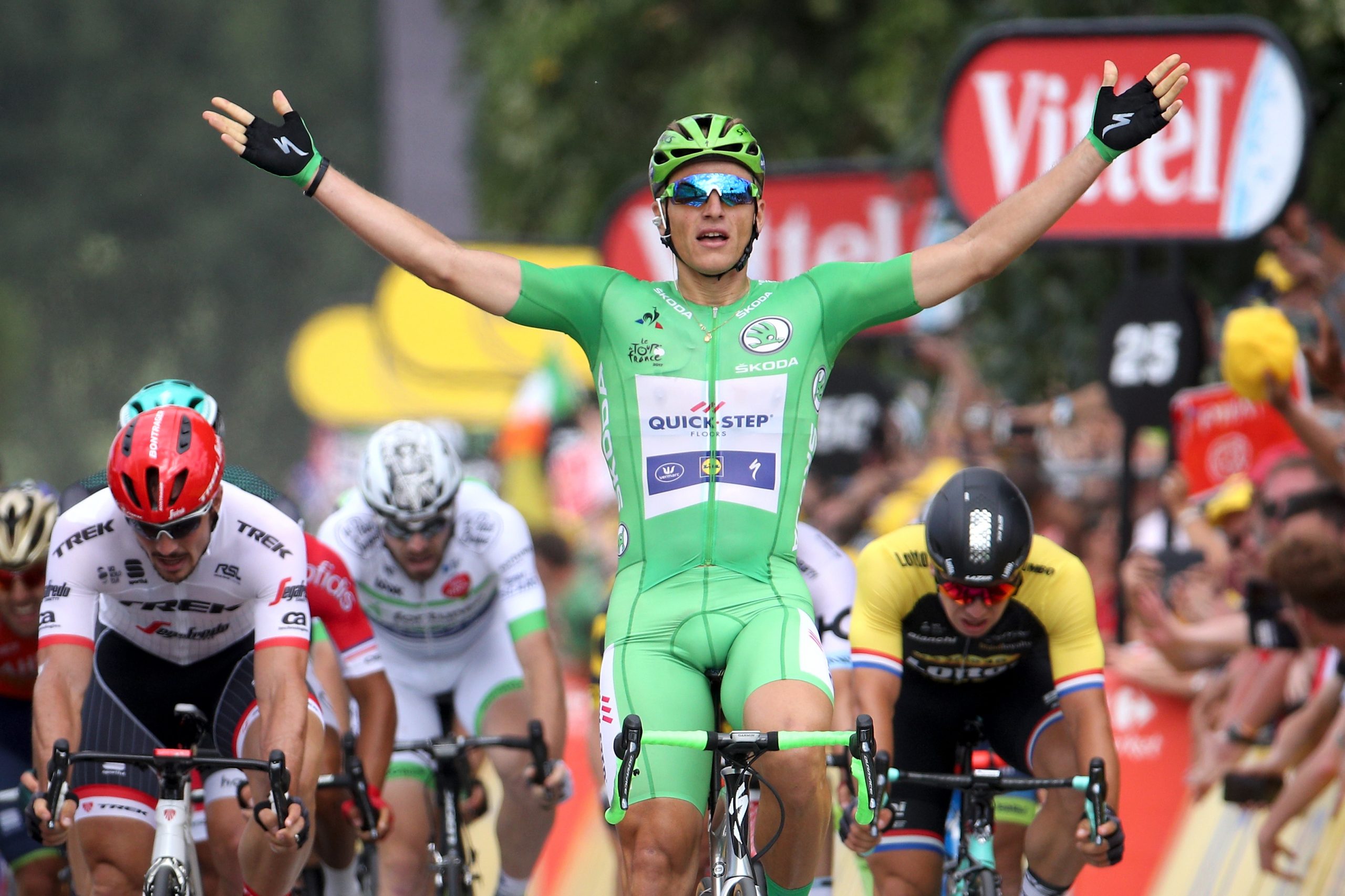
“I didn’t have a mid-life crisis; I came to the point in my life where I wanted something else in my life. We need to look at [early retirement] in a positive way as the moment when you realise you want a change. You make the best out of it, try to find what you want, and that’s what happened to me.”
>>> Cycling Weekly is available on your Smart phone, tablet and desktop
With his partner Tess, Kittel is still adapting to parenthood – their son Lex was born last December. He is also studying economics, and still rides his bike most days, just for general health.
“I am really happy and am enjoying my time with my family. It’s a big, new experience for me to make the transition from a pro cyclist’s life to a normal life, but it was the right time to finish my career.” You get the sense from Kittel that he genuinely has no regrets. “I am proud and happy with everything I achieved, but I was ready for something new. I knew I was becoming a dad, and it was the right moment for a fresh start.”
Team-mate’s view - ‘We’ve learnt the need to decompress’
One of Kittel’s most trusted team-mates for five years, 40-year-old Dutchman Roy Curvers, shares his thoughts.
“As a cyclist, you cannot have a period of complete rest, of switching off your mind off completely, and Marcel missed that. But the sport is heading in a direction of knowing that having periods of decompression is more healthy.
“Ten years ago, riders did 100 race days, sometimes 110, and now the average is between 70 and 80, so that’s a month’s less racing. We’re starting to think better and realise that a rider should only have three or four highlights a year, and also have time to decompress, to spend time with your family, do nice things, go on holidays. Both are important.”
This feature originally appeared in the print edition of Cycling Weekly, on sale in newsagents and supermarkets, priced £3.25.

Thank you for reading 20 articles this month* Join now for unlimited access
Enjoy your first month for just £1 / $1 / €1
*Read 5 free articles per month without a subscription

Join now for unlimited access
Try first month for just £1 / $1 / €1
A freelance sports journalist and podcaster, you'll mostly find Chris's byline attached to news scoops, profile interviews and long reads across a variety of different publications. He has been writing regularly for Cycling Weekly since 2013. In 2024 he released a seven-part podcast documentary, Ghost in the Machine, about motor doping in cycling.
Previously a ski, hiking and cycling guide in the Canadian Rockies and Spanish Pyrenees, he almost certainly holds the record for the most number of interviews conducted from snowy mountains. He lives in Valencia, Spain.
-
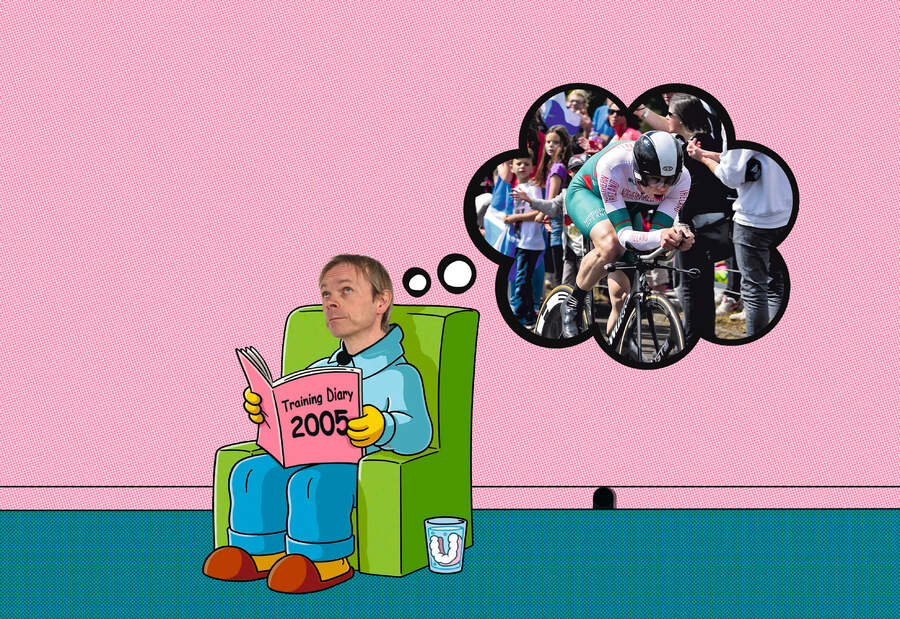 The thing that bothers me most when I look back at old school training is that right now we’re doing something equivalently misguided
The thing that bothers me most when I look back at old school training is that right now we’re doing something equivalently misguidedOur columnist's old training diaries reveal old-school levels of lunacy
By Michael Hutchinson Published
-
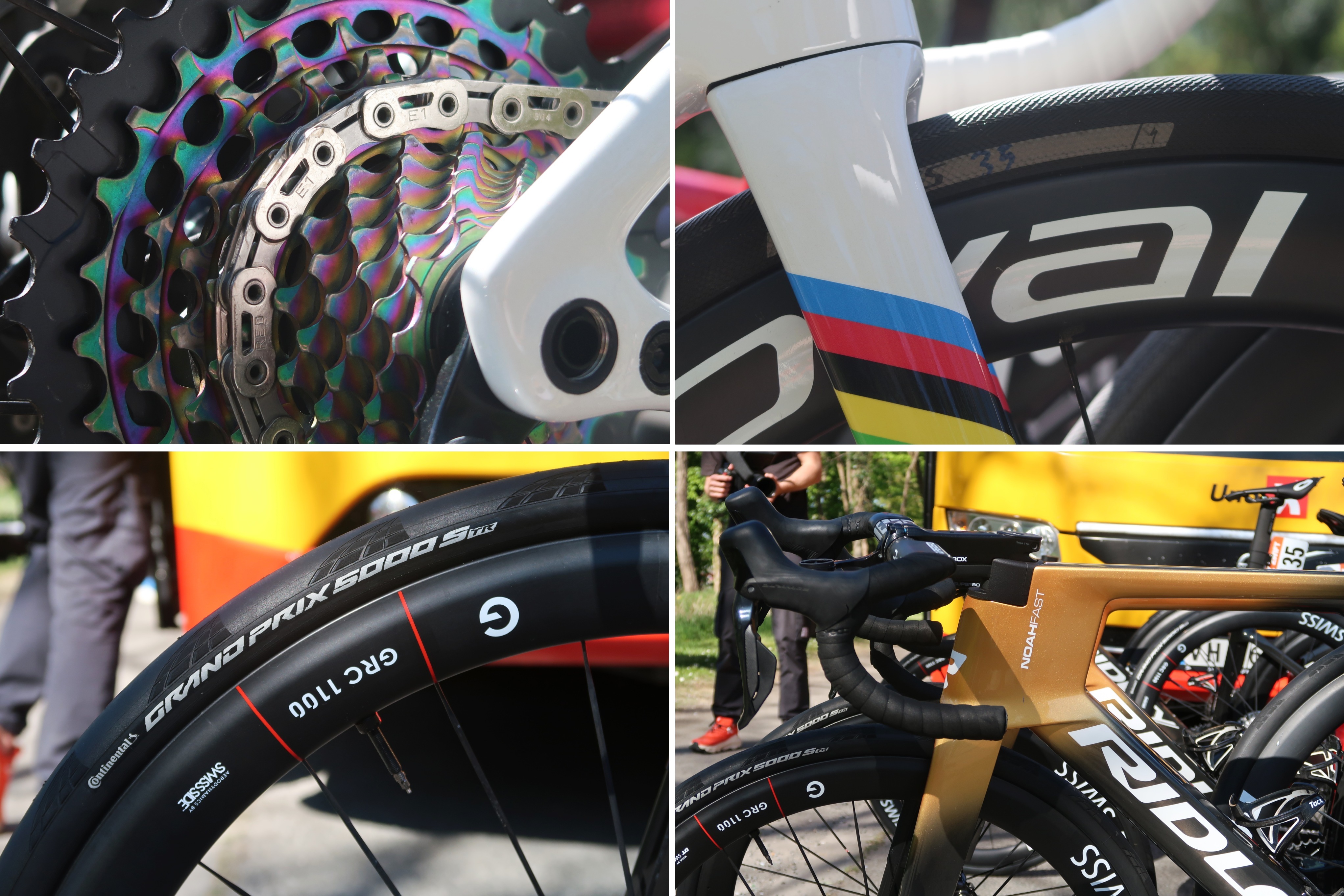 Aero bikes with gravel wheels?: Six tech insights from Paris-Roubaix Femmes
Aero bikes with gravel wheels?: Six tech insights from Paris-Roubaix FemmesEverything we found out about tyre widths, self-inflating systems, and wheel choices from the cobbled Monument
By Tom Davidson Published
-
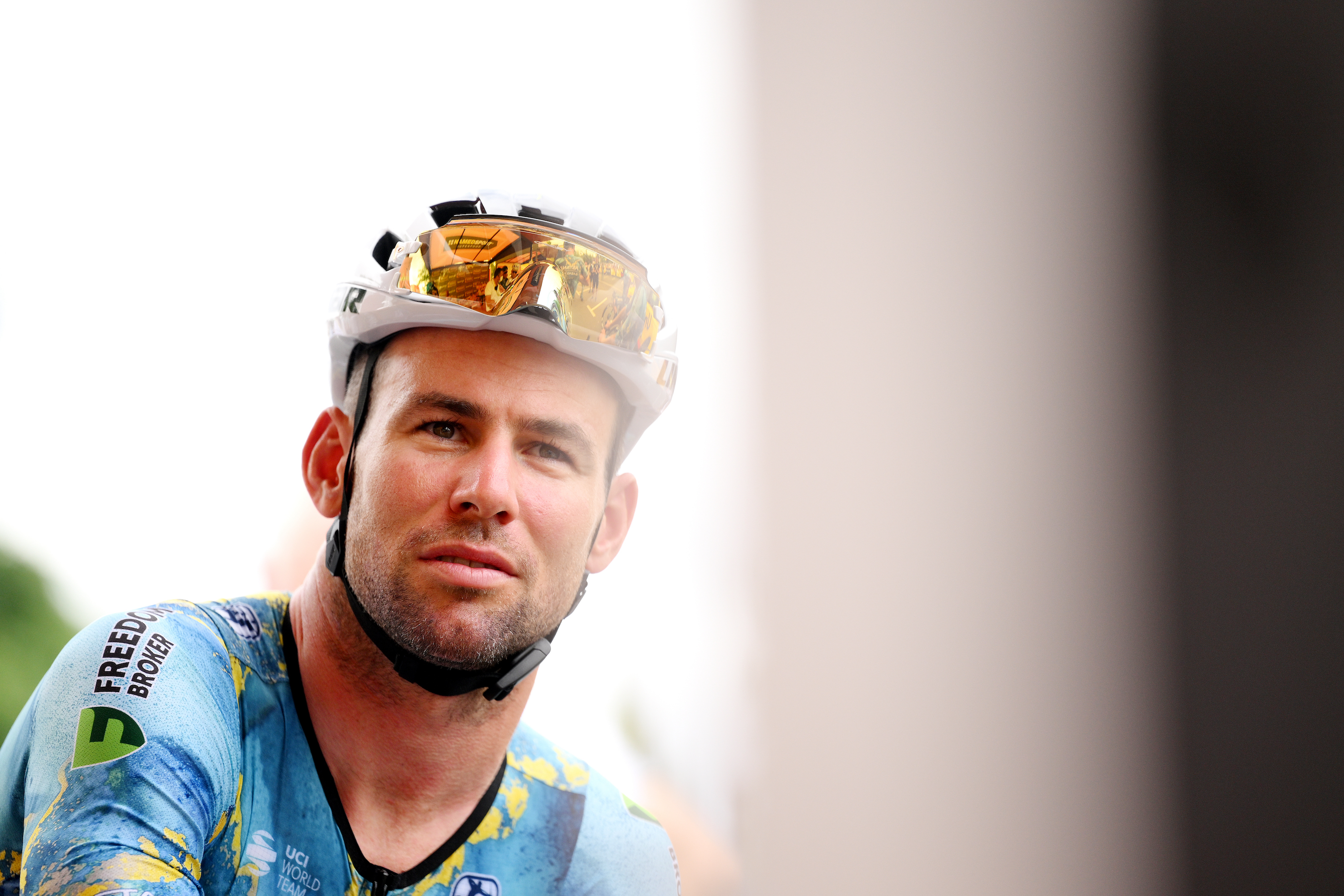 Marcel Kittel: ‘I believe in Mark Cavendish'
Marcel Kittel: ‘I believe in Mark Cavendish'The 14 time Tour de France stage winner backs Manxman to grab record breaking 35th stage win in the coming days
By Tom Thewlis Published
-
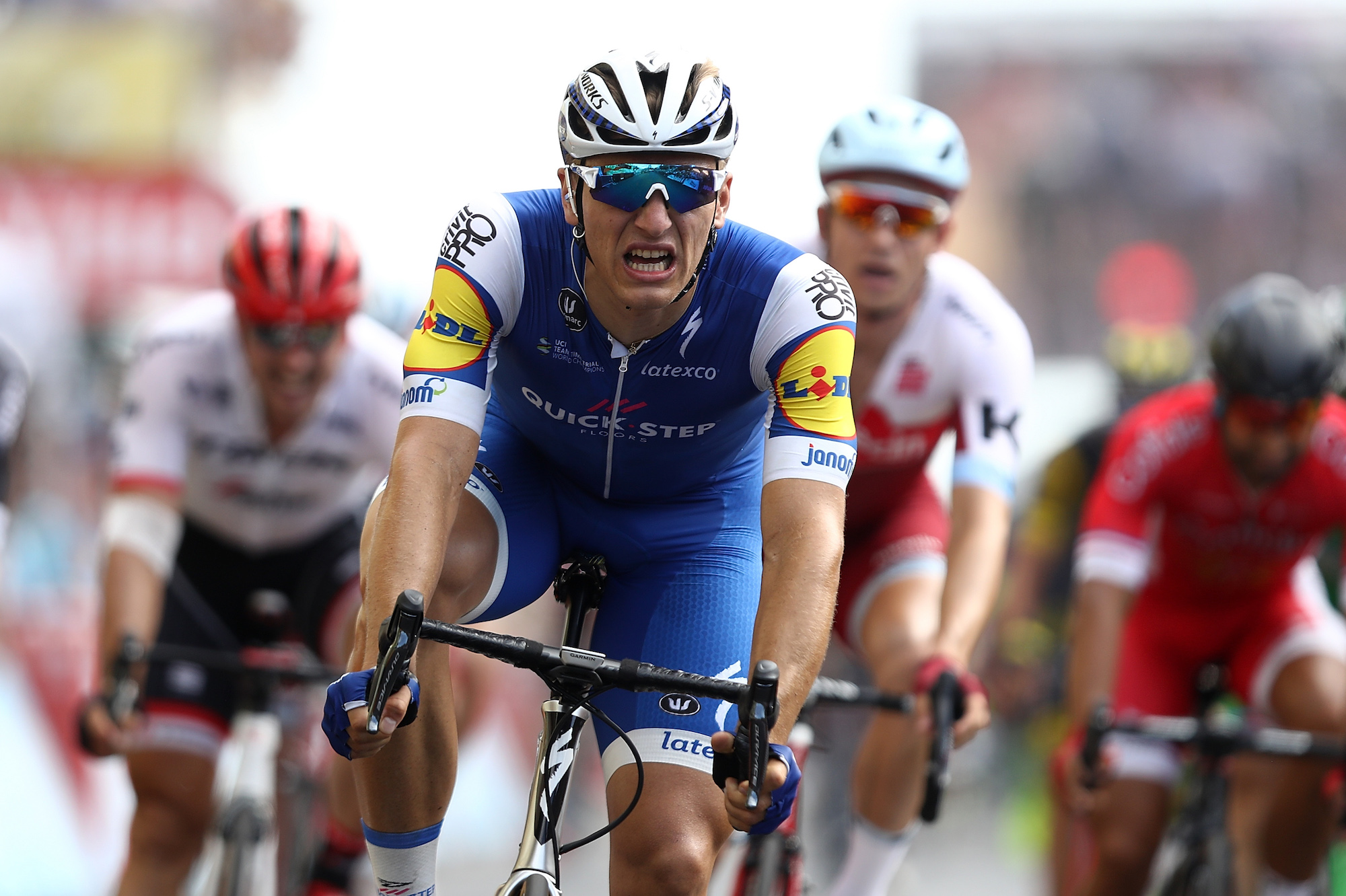 Marcel Kittel reveals the power numbers and effort behind his most successful Tour de France years
Marcel Kittel reveals the power numbers and effort behind his most successful Tour de France yearsMarcel Kittel has revealed some of the staggering power numbers behind his most successful Tour de France years in a new study.
By Alex Ballinger Published
-
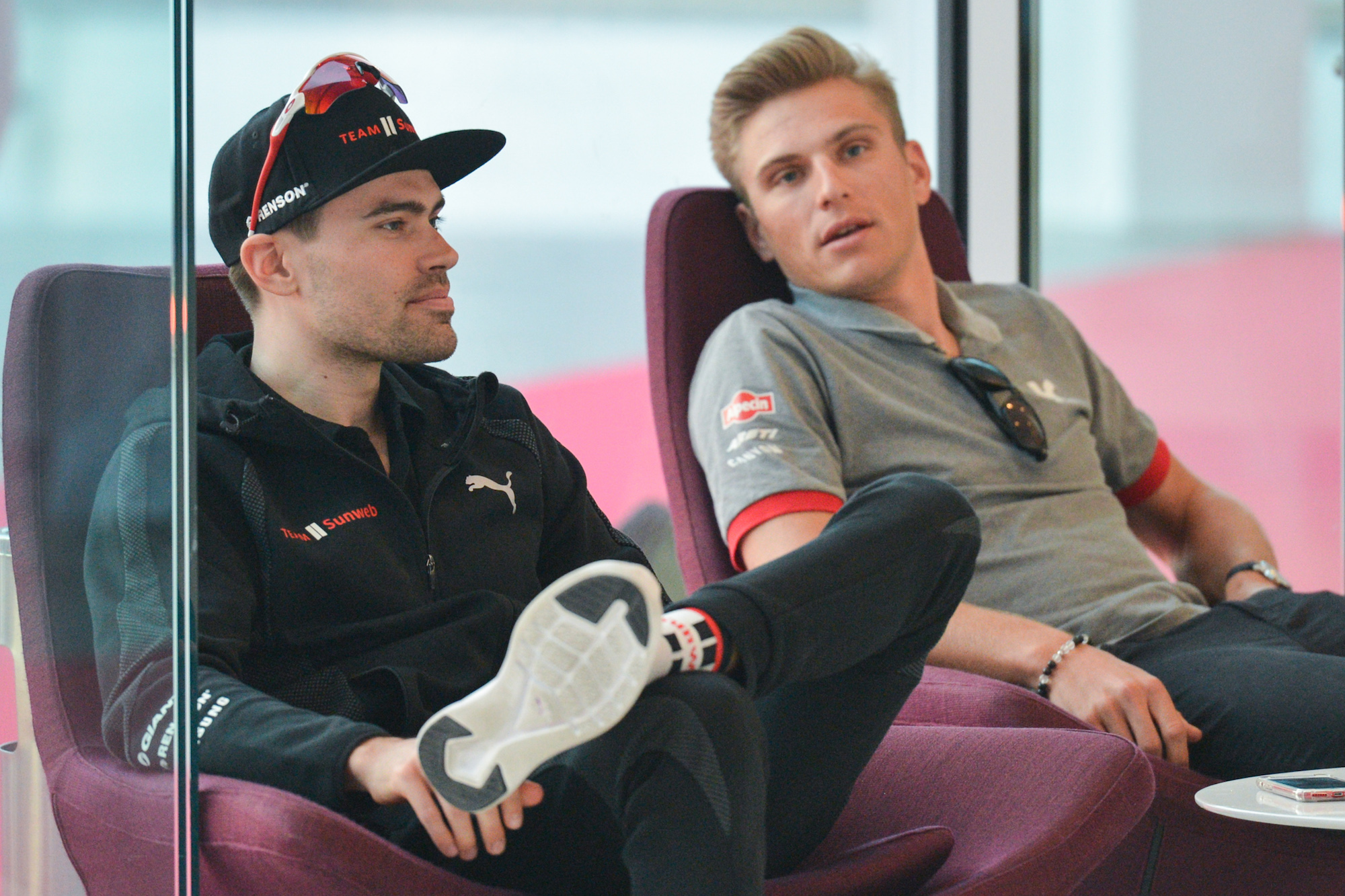 Marcel Kittel: I hope Tom Dumoulin finds the answers he needs
Marcel Kittel: I hope Tom Dumoulin finds the answers he needsThe German sprinter similarly took a break from cycling in May 2019, retiring a few months later
By Jonny Long Published
-
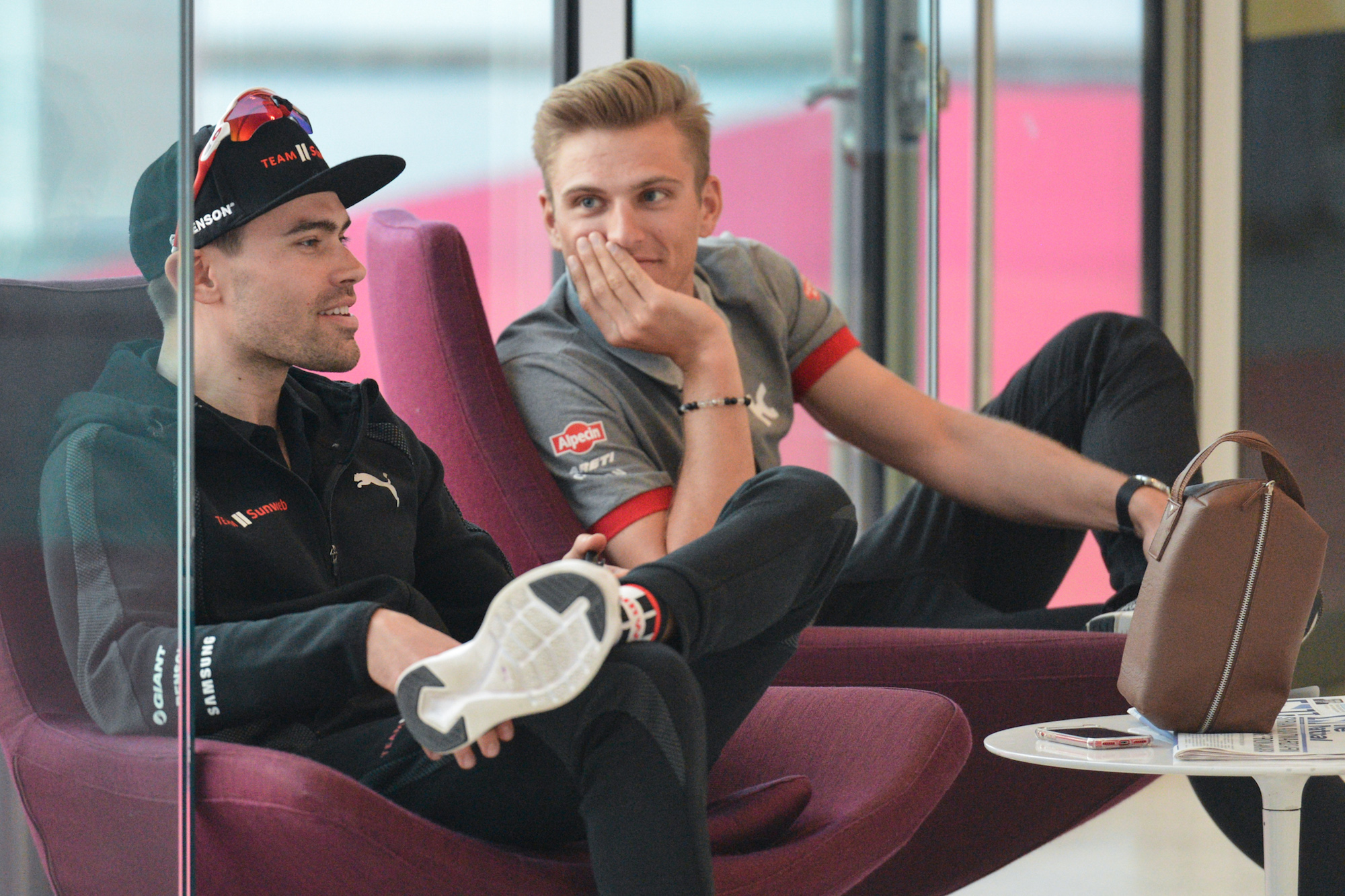 Marcel Kittel says he's not surprised Tom Dumoulin wanted to leave Sunweb
Marcel Kittel says he's not surprised Tom Dumoulin wanted to leave SunwebThe German quit racing in 2019 while Dumoulin transferred to Jumbo-Visma after injury curtailed his season
By Jonny Long Published
-
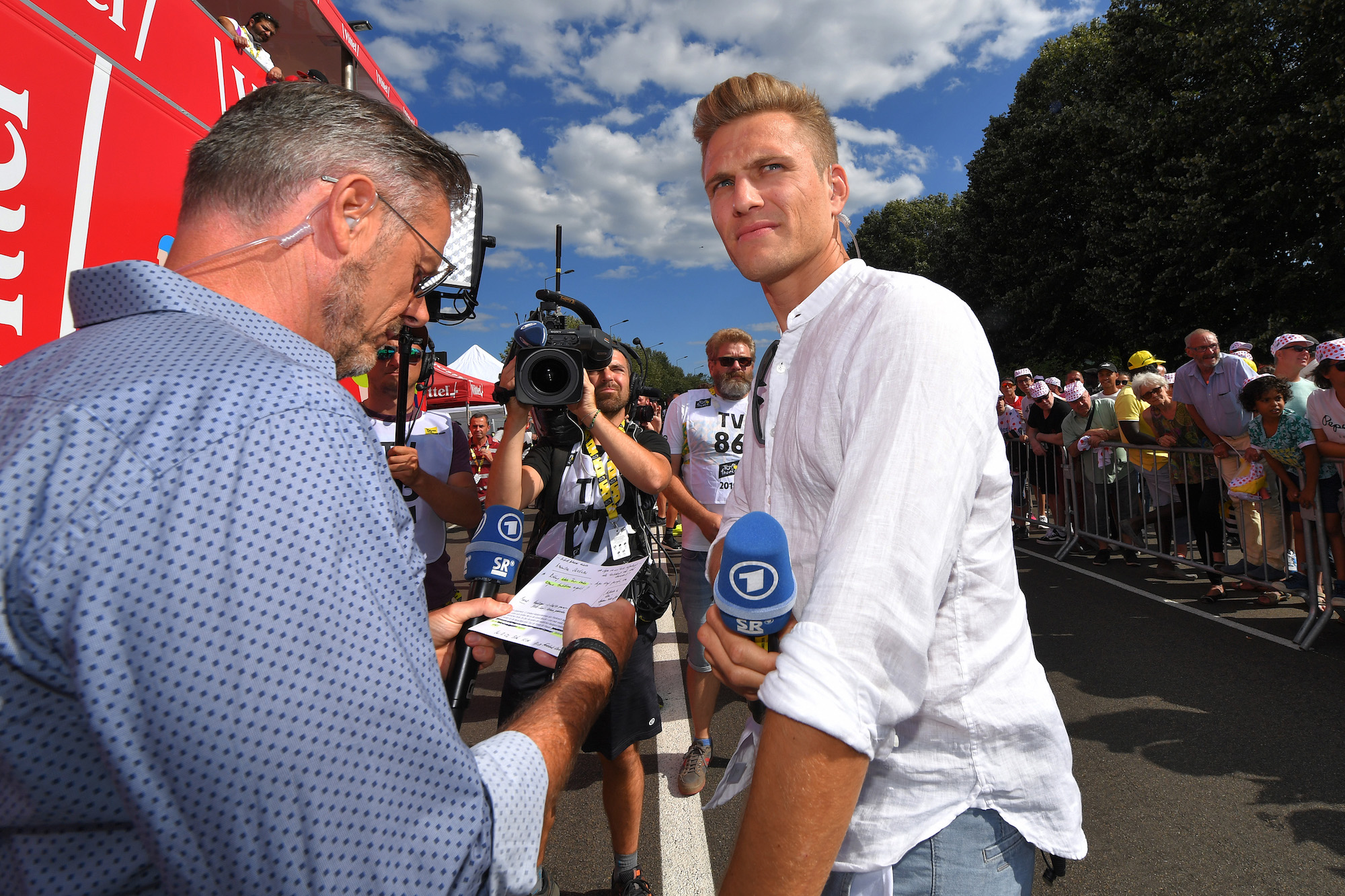 'I don’t know how depressed people feel, but I think I went in that direction' says Marcel Kittel, who also reveals post-cycling plans
'I don’t know how depressed people feel, but I think I went in that direction' says Marcel Kittel, who also reveals post-cycling plansThe German sprinter has opened up about what his future holds
By Jonny Long Published
-
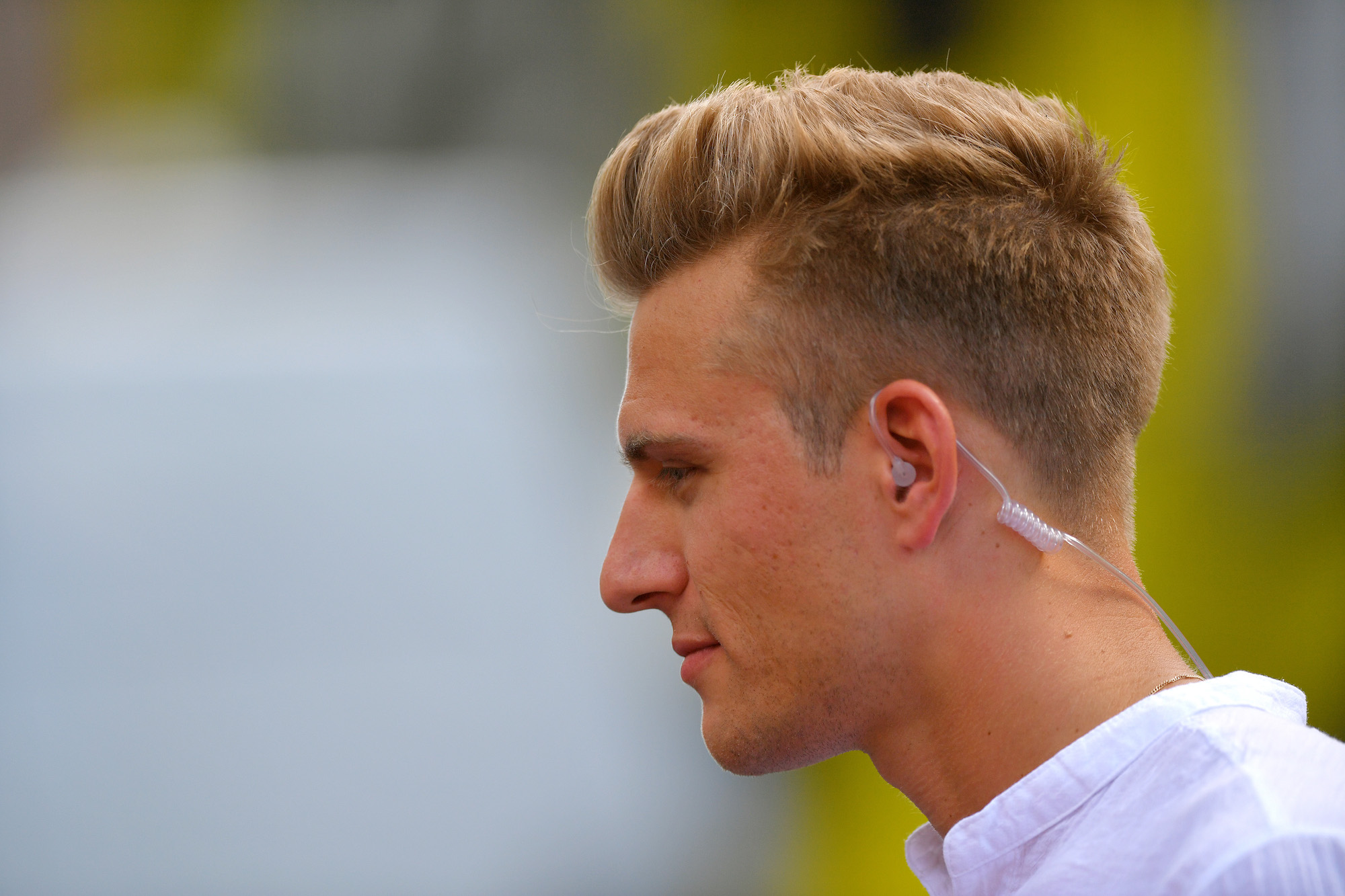 Marcel Kittel announces retirement from cycling
Marcel Kittel announces retirement from cyclingThe German said "[I] didn't want to watch my son grow up via Skype"
By Jonny Long Published
-
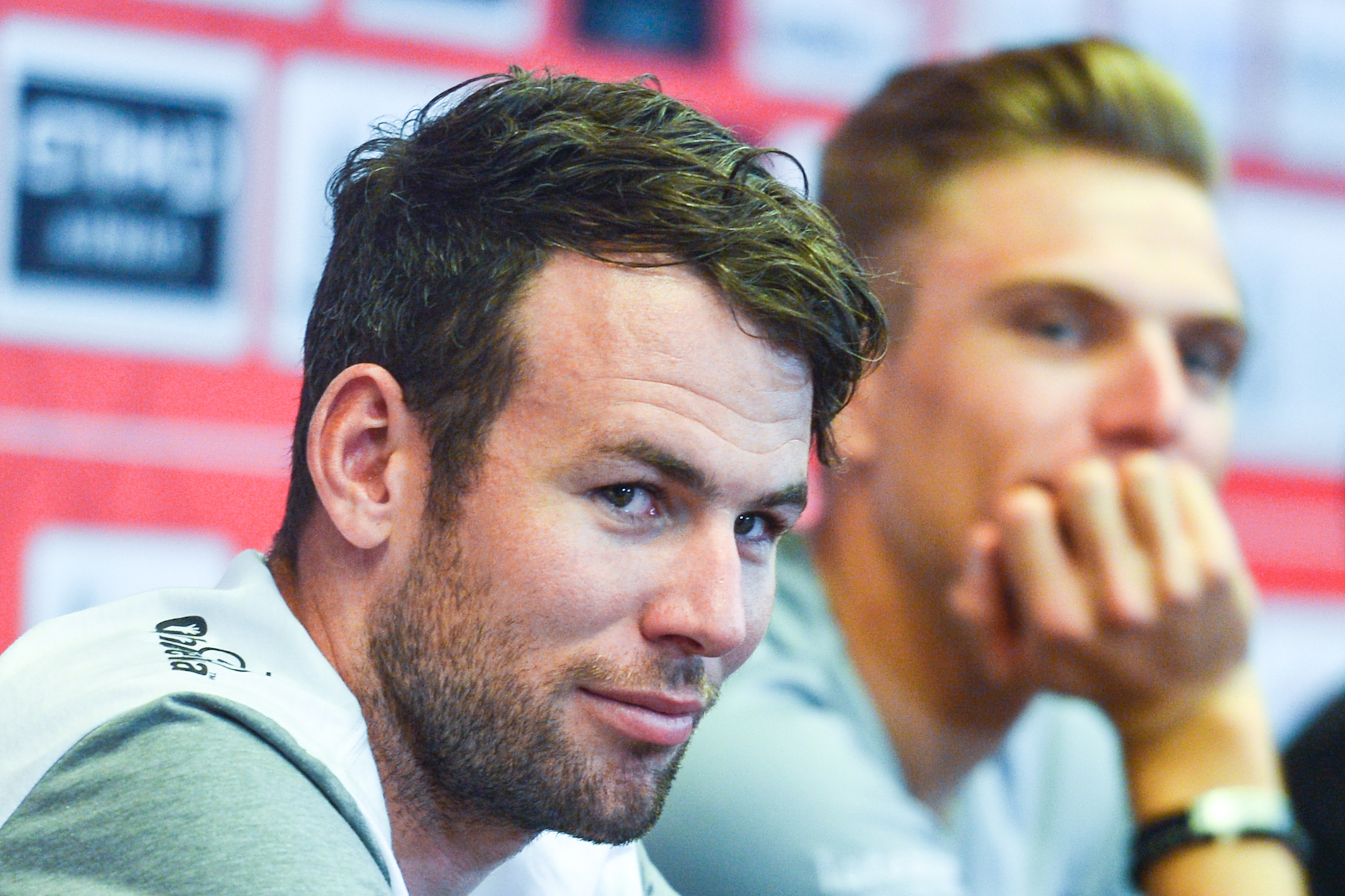 'You miss the big sprinters' : How absence of Cavendish & Kittel has changed the Tour de France sprints
'You miss the big sprinters' : How absence of Cavendish & Kittel has changed the Tour de France sprintsRiders give their views on how Tour de France sprints change without two of the race's best ever sprinters
By Gregor Brown Published
-
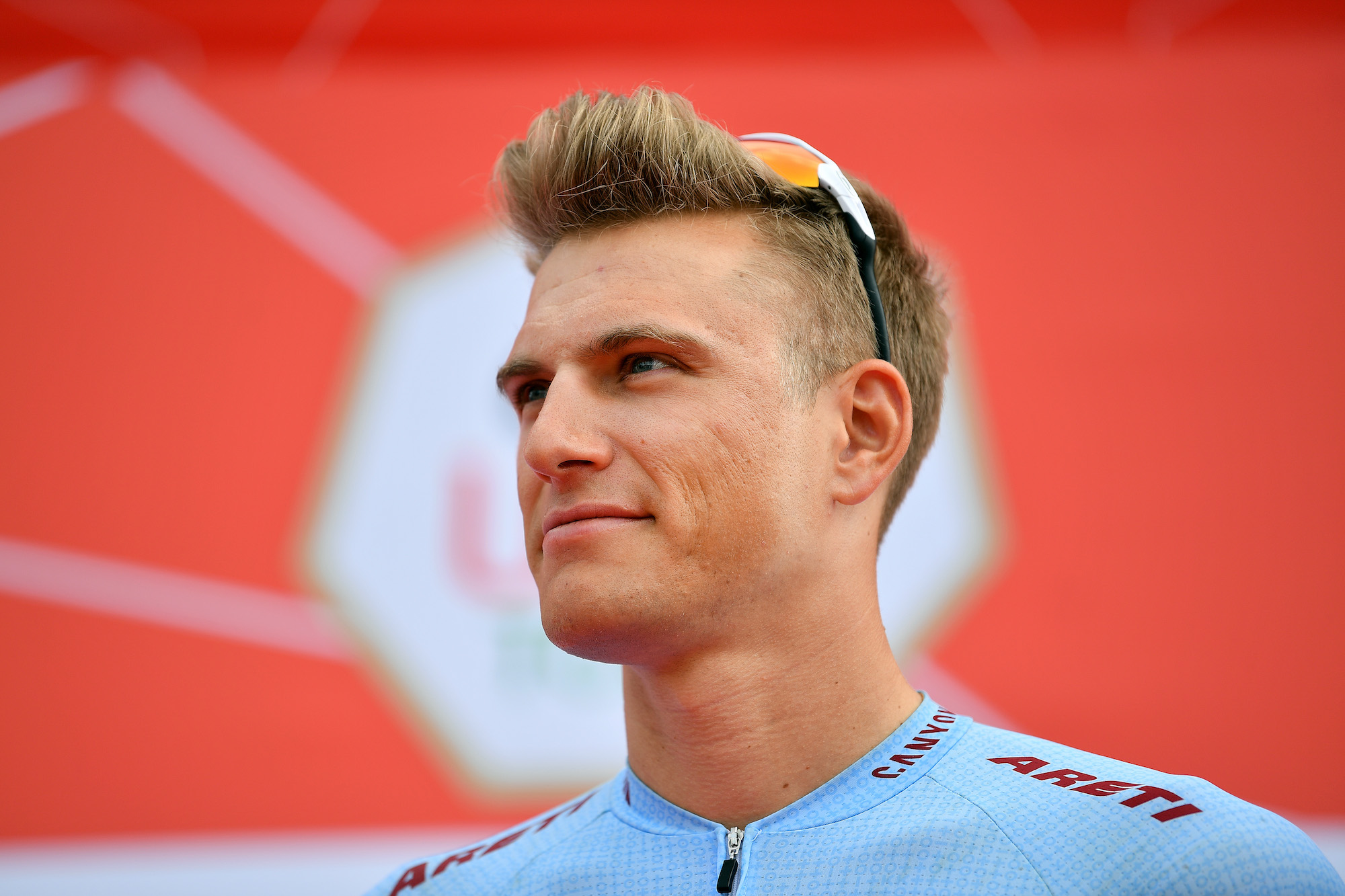 Marcel Kittel's racing return in doubt with Jumbo-Visma deal unlikely
Marcel Kittel's racing return in doubt with Jumbo-Visma deal unlikelyThe German is on indefinite leave from cycling, but was linked to a return to racing with Jumbo-Visma
By Gregor Brown Published